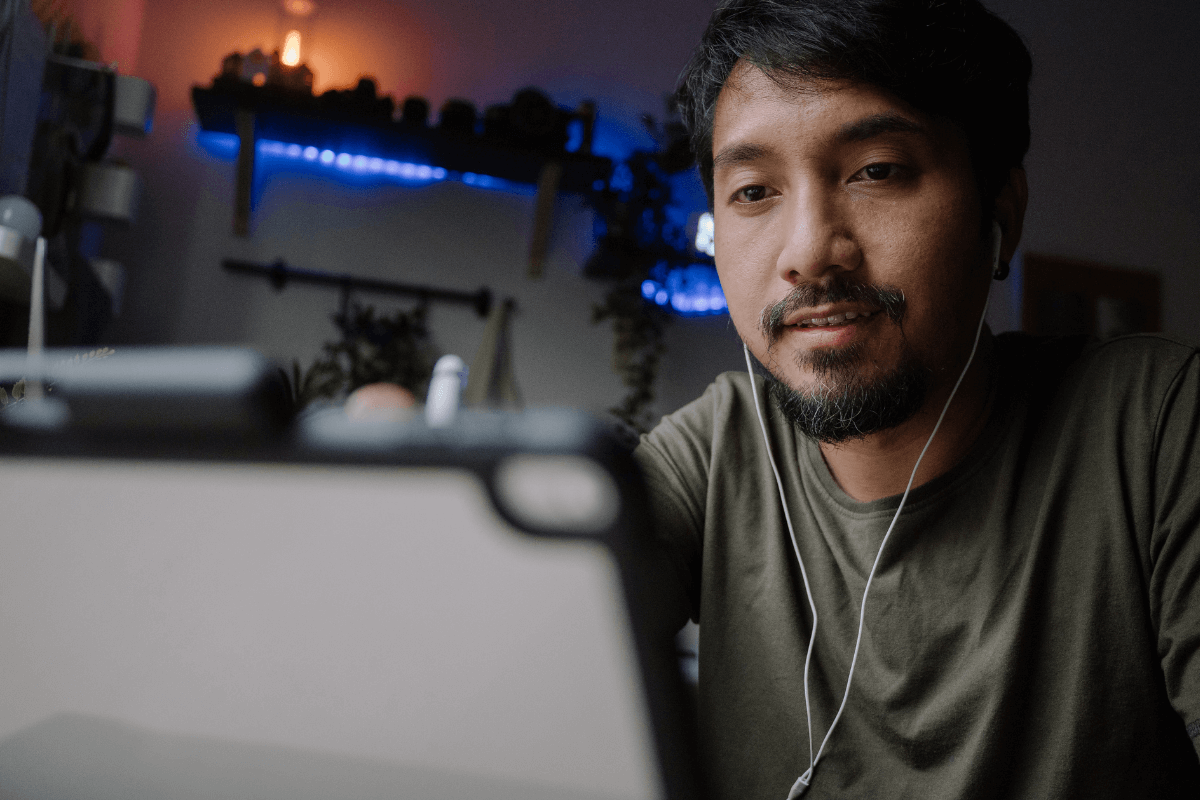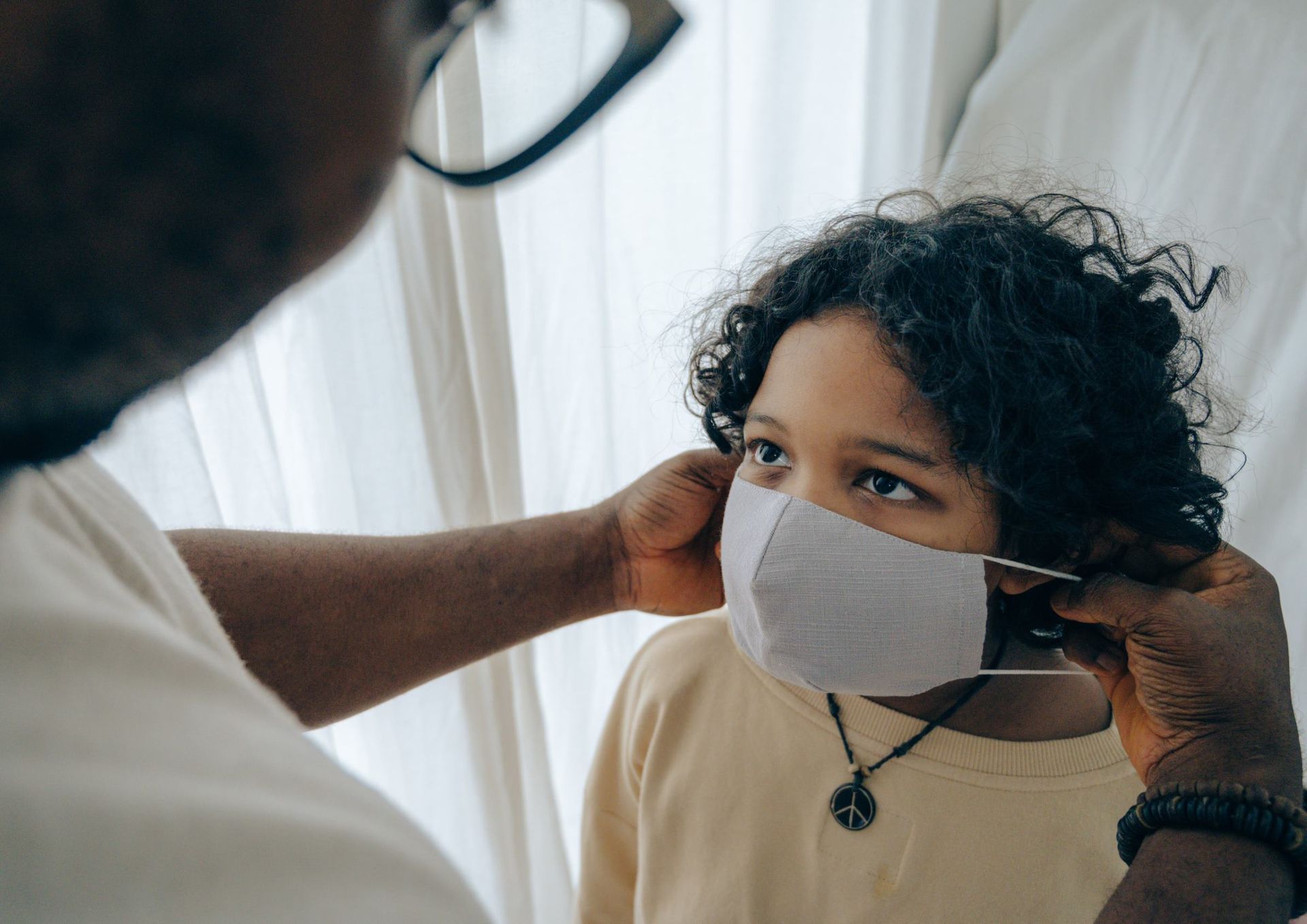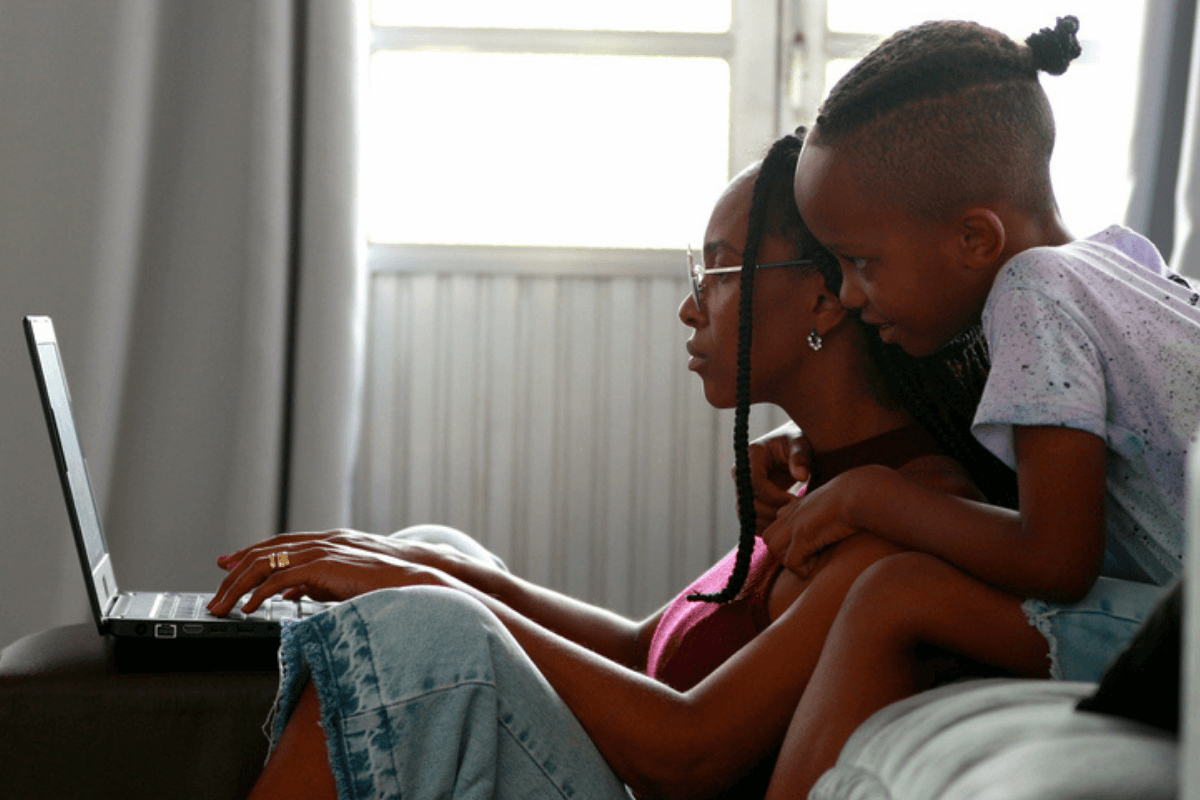Humans are social beings, and research continues to prove connection is a core need.
According to Maslow’s Hierarchy of Needs, love and belonging are the most important needs we must fulfill besides food, water, and safety.
We have an inherent desire for interpersonal relationships and connection with others, and to feel a sense of belonging in a group or community.
When these needs are met, our wellbeing improves, and we live a more fulfilled life.
The 2021 World Happiness Report shows people who experienced an increase in connectedness with others during COVID lockdowns had:
- Greater life satisfaction
- More resilience
- Better mental health.
Our social networks can help increase our capacity to cope in challenging times. A lack of social support and connection can have serious negative impacts on our mental and physical health.
Research shows loneliness is as bad for us as smoking 15 cigarettes per day. It’s a major risk factor for mental health issues like depression and anxiety, and it can also increase the risk of heart disease, stroke, and high blood pressure.
If you’re struggling with social isolation and loneliness, you might find these tips helpful.
Social Isolation in Australia
Loneliness has long been present in Australia, but COVID has exacerbated the issue over recent years.
Before the pandemic, research shows one third of people (33%) reported an episode of loneliness.
In surveys undertaken since COVID, just over half (54%) of respondents reported that they felt lonelier since the start of the pandemic.
COVID-related lockdowns, venue closures, restrictions on group activities, and social distancing measures may have contributed to increased feelings of loneliness and social isolation.
Even as we emerge from lockdowns and the world gets a little closer to ‘normal’, research shows many of us are feeling the lasting social impacts of COVID, counting less friends than we had prior to the pandemic.
Managing Social Isolation and Loneliness
Everyone feels lonely from time to time, but prolonged periods of loneliness or social isolation can impact on your physical and emotional wellbeing.
Here are some things you can do that may help combat social isolation and loneliness.
Set a daily routine
Following a daily routine can keep you busy and provide a sense of purpose. Fill your day with meaningful and enjoyable tasks and activities to look forward to.
Maintain daily contact with loved ones
Schedule in time each day to stay in touch with friends and family either in person or via technology. This doesn’t have to take a huge chunk out of your day – even just a quick phone call or short check-in text conversation can help nurture those connections.
Find hobbies outside the home
Pursuing hobbies and interests in your area is a great way to meet new people. Whether you join a local park run or get involved in a community garden, it may help you connect with likeminded people and fill your social cup.
Consider adopting a pet
Pets can be a great source of companionship and comfort. If you’re in the position to care for an animal, you might like to consider welcoming one into your home. Adopting a dog also provides the opportunity to meet other dog owners at local dog parks and meet-ups.
If you need some extra support to cope, talking to a counsellor can help. You can call us on 1300 364 277 to make an appointment or learn more about our counselling services here.
We offer some tips to ask for help when you’re having a hard time in this blog post.








 Shirley Hussie is a Relationship Counsellor with over 20 years’ counselling experience. Shirley has been with Relationships Australia QLD since March 2009 and has had extensive experience working with couples in conflict and couples at risk of separation as well as families at risk of breakdown.
Shirley Hussie is a Relationship Counsellor with over 20 years’ counselling experience. Shirley has been with Relationships Australia QLD since March 2009 and has had extensive experience working with couples in conflict and couples at risk of separation as well as families at risk of breakdown.